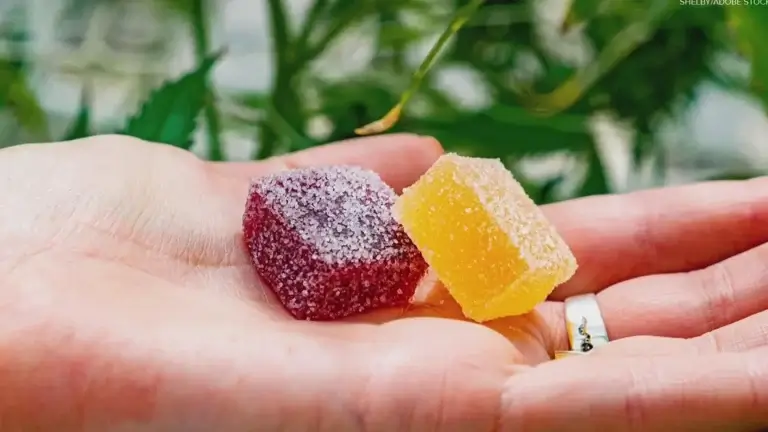The Netherlands: A Voyage Through the Canals of Cannabis History, The Netherlands, a land of windmills, tulips, and intricate canals, has long been recognized as a pioneer in the global discourse on cannabis. The nation’s progressive stance on the plant, coupled with its rich cultural heritage and historical significance, paints a fascinating picture of cannabis’ journey through the Dutch landscape.
A Historical Voyage
The tale of cannabis in the Netherlands is as captivating as the country’s famed canals. The plant, believed to have been introduced to the region through ancient trade networks, found fertile ground in the Dutch soil. Hemp, a variety of cannabis known for its low THC content, was widely cultivated for its sturdy fibers. These fibers were spun into textiles, woven into ropes, and even used in shipbuilding, playing a crucial role in the Netherlands’ maritime dominance in the 17th century.
However, the journey of cannabis was not always smooth sailing. The recreational use of the plant, while not universally accepted, was often associated with societal challenges. Influenced by international drug control policies, the Netherlands implemented laws that regulated the cultivation, possession, and use of cannabis. Yet, unlike many other nations, the Dutch approach was marked by a degree of tolerance and pragmatism.
Cultural Resonance
Despite the legal and societal complexities, cannabis has held a unique cultural resonance in the Netherlands. The plant found a place in traditional Dutch medicine, its medicinal properties recognized by healers and practitioners. Cannabis was used as a remedy for a variety of ailments, from physical pain to mental health conditions, its healing touch reaching those in need.
The industrial use of hemp, too, continued to thrive. The Dutch textile industry, renowned for its quality and innovation, often utilized hemp fibers. These fibers, spun into threads and woven into fabrics, told stories of the Netherlands’ rich cultural heritage.
The Ongoing Dialogue
Today, the dialogue surrounding cannabis in the Netherlands is as vibrant and diverse as the country itself. The Netherlands is known for its “coffee shops,” establishments where the sale of cannabis for personal use is tolerated by the authorities. This pragmatic approach to cannabis regulation has made the Netherlands a focal point in the global debate on drug policy.
However, the discourse is far from settled. Critics express concern about the potential societal harms of cannabis use, including the risk of addiction and the potential mental health implications. They argue that the Dutch model, while innovative, may not be suitable for all countries.
The Future of Cannabis in the Netherlands
The future of cannabis in the Netherlands is a path yet to be fully charted. While the country’s tolerant stance towards cannabis is well-known, it continues to grapple with the challenges of regulation, enforcement, and public health. As the Netherlands navigates this complex terrain, it will need to balance the historical and cultural significance of cannabis with the contemporary needs and concerns of its people.
The story of cannabis in the Netherlands is a rich and complex narrative, woven with threads of tradition, innovation, and ongoing dialogue. As the world grapples with the question of cannabis legalization, the Dutch experience serves as a valuable lesson in navigating the intricate interplay of history, culture, and contemporary societal needs.








